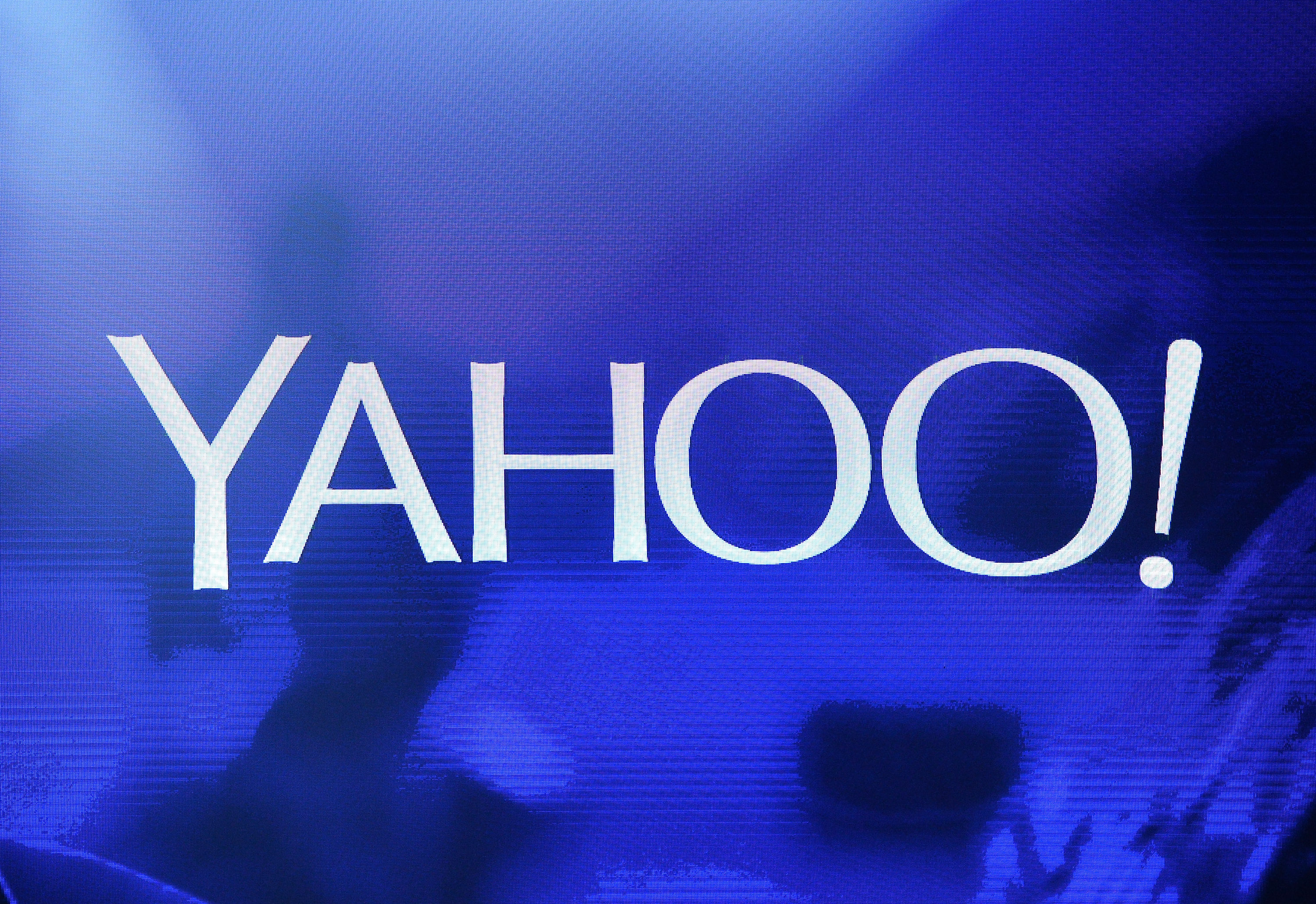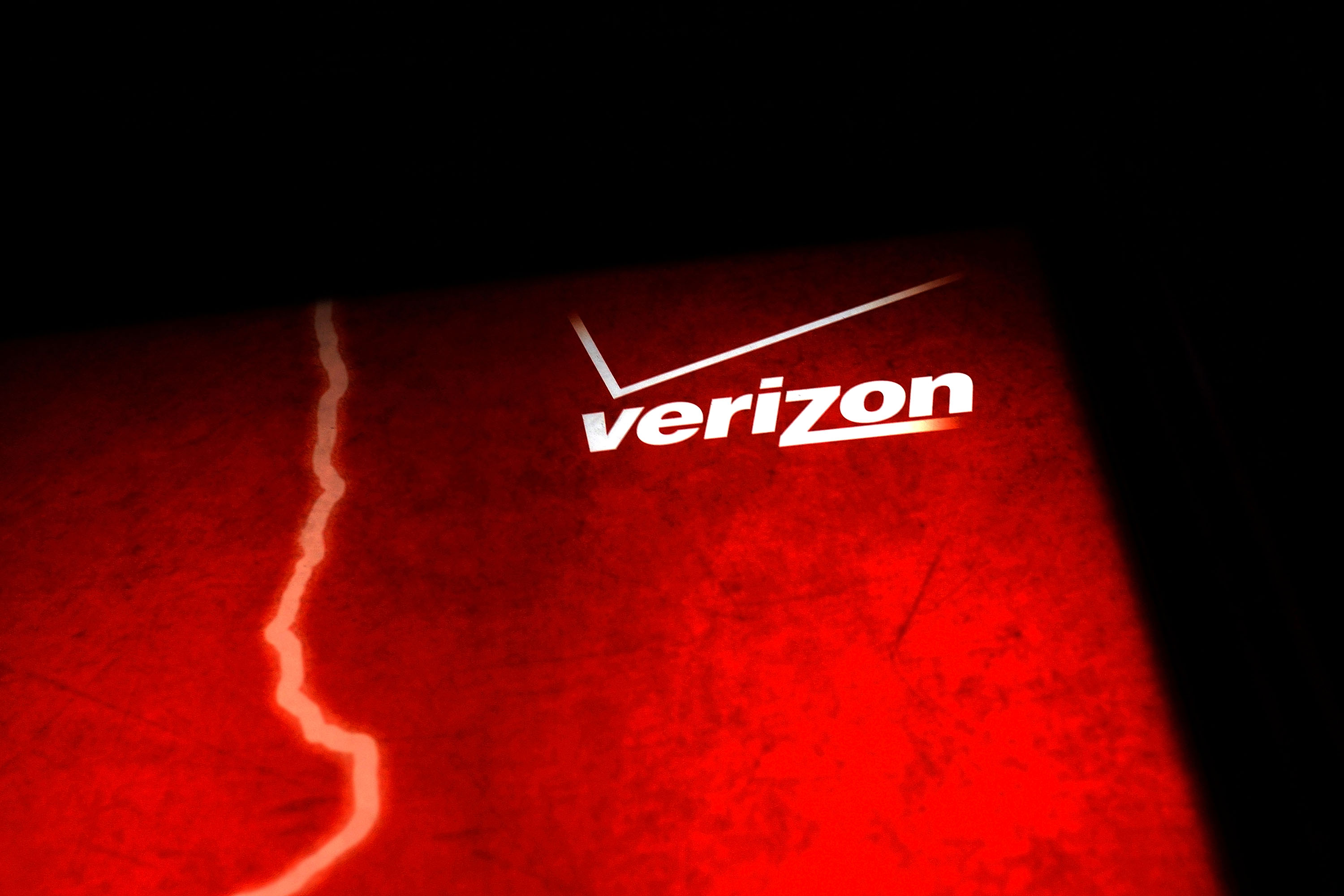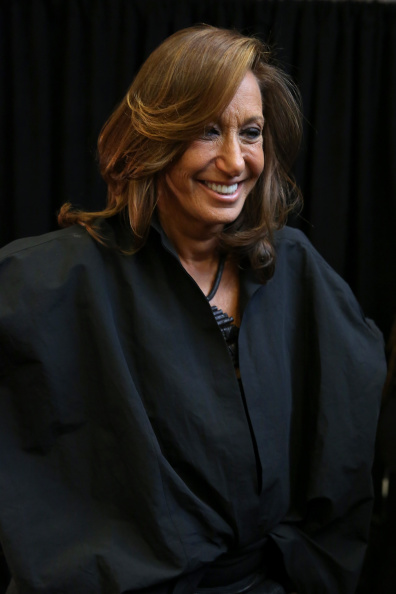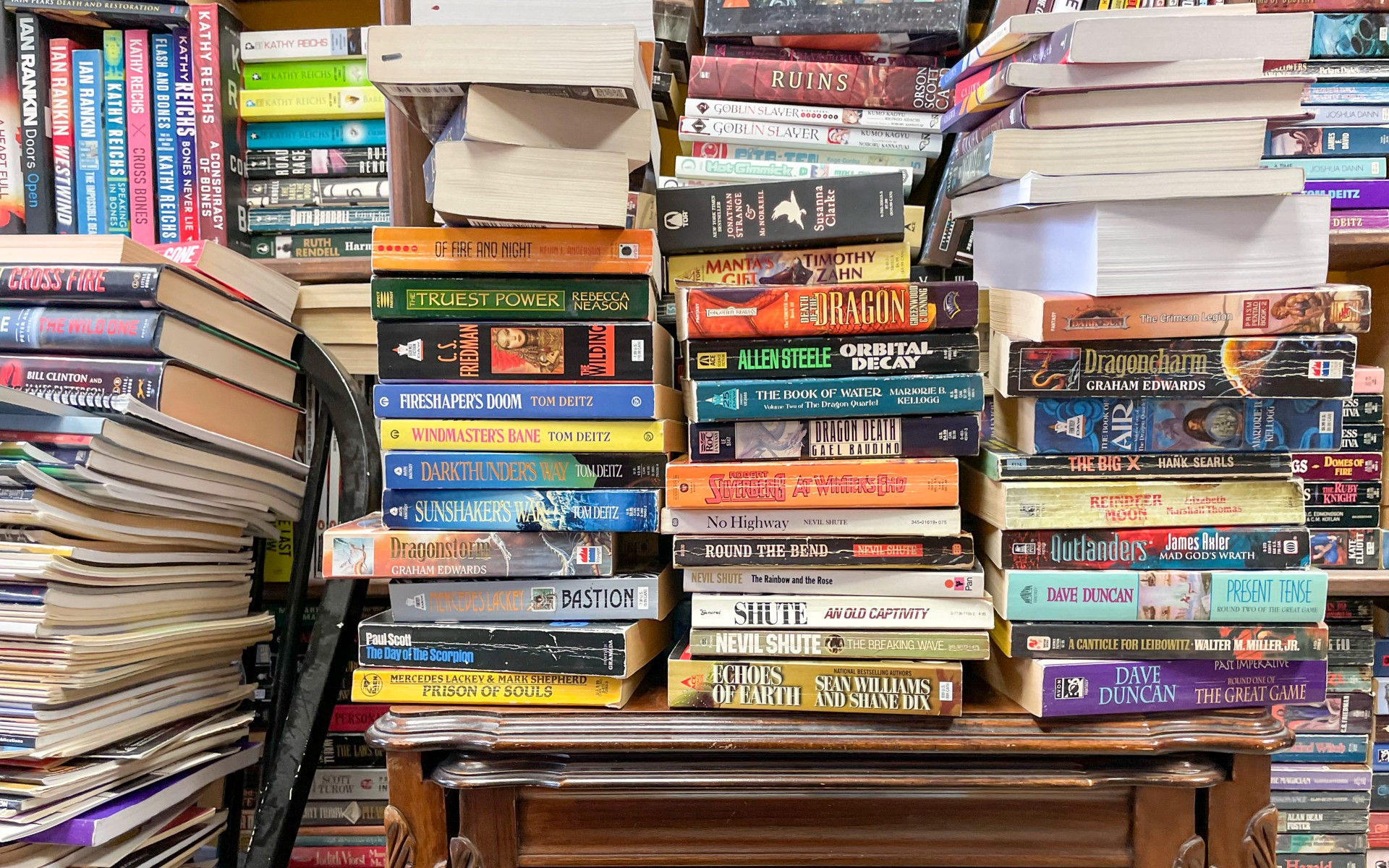The daily business briefing: July 25, 2016
Verizon agrees to buy Yahoo for $4.8 billion, Nintendo predicts limited Pokémon Go earnings boost, and more


A free daily email with the biggest news stories of the day – and the best features from TheWeek.com
You are now subscribed
Your newsletter sign-up was successful
1. Verizon to buy Yahoo for $4.8 billion

Verizon agreed on Sunday to buy Yahoo's core internet business and some real estate in a $4.8 billion deal. The companies formally announced the deal on Monday, ending an extended bidding process as Yahoo executives struggled to revive the struggling web pioneer. The deal marks an end to Yahoo's 22-year run as an independent internet company, and caps a spectacular decline for the company, which once had a market capitalization of $125 billion.
2. Nintendo shares drop as company predicts limited Pokémon Go boost
Nintendo shares plunged by 17 percent on Monday after the company warned it would not get a huge earnings boost from its hugely popular smartphone game Pokémon Go. The company's share price had doubled since the app proved an instant hit after its release in the U.S. earlier this month. Shares of McDonald's Japan unit, which is sponsoring the Pokémon Go launch in Japan, fell by nearly 12 percent. Nintendo is scheduled to announce its second-quarter financial results on Wednesday.
The Week
Escape your echo chamber. Get the facts behind the news, plus analysis from multiple perspectives.

Sign up for The Week's Free Newsletters
From our morning news briefing to a weekly Good News Newsletter, get the best of The Week delivered directly to your inbox.
From our morning news briefing to a weekly Good News Newsletter, get the best of The Week delivered directly to your inbox.
3. LVMH agrees to sell Donna Karan fashion brand

France's LVMH Moët Hennessy Louis Vuitton, the world's biggest luxury conglomerate, said Monday that it had agreed to sell fashion brand Donna Karan International to G-III Apparel Group in a deal worth $650 million. G-III Apparel, an American manufacturing and licensing company, already owns Andrew Marc, Vilebrequin, and Bass. It also holds the licenses for such brands as Ivanka Trump, Calvin Klein, and Tommy Hilfiger. The deal marks just the second time the nearly 30-year-old LVMH has sold off a fashion brand.
4. Turkey promises stability and infrastructure spending
Turkish Prime Minister Binali Yildirim said on Sunday that his government planned to set up a multibillion-dollar infrastructure fund to boost economic growth and limit fallout from a recent failed coup. He also ruled out early elections, promising stability. Yildirim also said that a purge of government enemies would soon end. "Here is what we are telling global investors: Life is back to normal in Turkey," Yildirim said.
A free daily email with the biggest news stories of the day – and the best features from TheWeek.com
5. Study links richest CEO pay with poorest company performance
The highest-paid CEOs often run the worst-performing companies, according to a new study by the corporate-governance research firm MSCI. The report, expected to be released as early as Monday, found that the link between high pay and low performance remained strong even when tracked over the course of many years. "The highest paid had the worst performance by a significant margin," said Ric Marshall, a senior corporate governance researcher at MSCI. He said the findings show companies should be "more conservative" with equity incentive pay awards, which now account for 70 percent of U.S. CEO compensation.
Harold Maass is a contributing editor at The Week. He has been writing for The Week since the 2001 debut of the U.S. print edition and served as editor of TheWeek.com when it launched in 2008. Harold started his career as a newspaper reporter in South Florida and Haiti. He has previously worked for a variety of news outlets, including The Miami Herald, ABC News and Fox News, and for several years wrote a daily roundup of financial news for The Week and Yahoo Finance.
-
 Where to go for the 2027 total solar eclipse
Where to go for the 2027 total solar eclipseThe Week Recommends Look to the skies in Egypt, Spain and Morocco
-
 The end of mass-market paperbacks
The end of mass-market paperbacksUnder the Radar The diminutive cheap books are phasing out of existence
-
 Political cartoons for February 22
Political cartoons for February 22Cartoons Sunday’s political cartoons include Black history month, bloodsuckers, and more
-
 Epstein files topple law CEO, roil UK government
Epstein files topple law CEO, roil UK governmentSpeed Read Peter Mandelson, Britain’s former ambassador to the US, is caught up in the scandal
-
 Iran and US prepare to meet after skirmishes
Iran and US prepare to meet after skirmishesSpeed Read The incident comes amid heightened tensions in the Middle East
-
 Israel retrieves final hostage’s body from Gaza
Israel retrieves final hostage’s body from GazaSpeed Read The 24-year-old police officer was killed during the initial Hamas attack
-
 China’s Xi targets top general in growing purge
China’s Xi targets top general in growing purgeSpeed Read Zhang Youxia is being investigated over ‘grave violations’ of the law
-
 Panama and Canada are negotiating over a crucial copper mine
Panama and Canada are negotiating over a crucial copper mineIn the Spotlight Panama is set to make a final decision on the mine this summer
-
 Why Greenland’s natural resources are nearly impossible to mine
Why Greenland’s natural resources are nearly impossible to mineThe Explainer The country’s natural landscape makes the task extremely difficult
-
 Iran cuts internet as protests escalate
Iran cuts internet as protests escalateSpeed Reada Government buildings across the country have been set on fire
-
 US nabs ‘shadow’ tanker claimed by Russia
US nabs ‘shadow’ tanker claimed by RussiaSpeed Read The ship was one of two vessels seized by the US military
